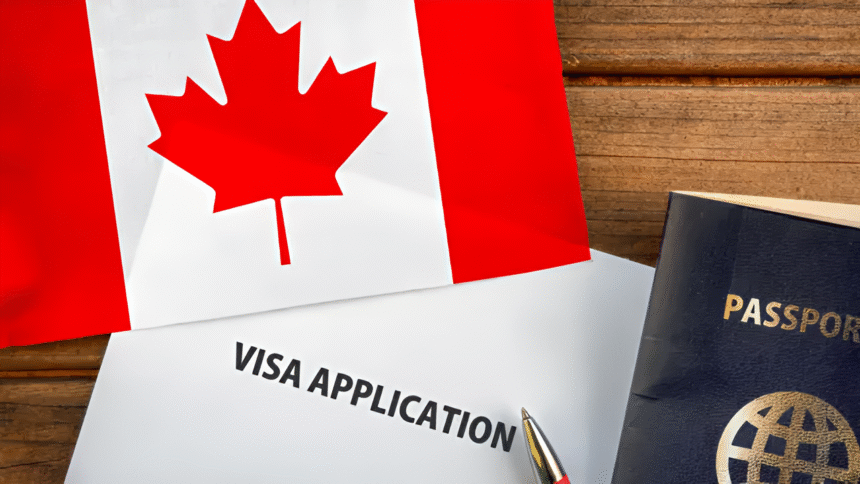The government of Canada has updated its immigration rules, providing explanations on grounds for work and study permit cancellations.
The new rules were announced by Canada’sImmigration, Refugees and Citizenship Canada (IRCC).
Prior to this update, the grounds for work and study permit cancellations were sometimes vague.
However, the IRCC said the new guidance has provided clear legal grounds under specific sections of the regulations to cancel documents if the holder is found to have failed to meet eligibility, admissibility, or compliance requirements after the document was issued.
The new rules amend the Immigration and Refugee Protection Regulations (IRPR), introducing specific sections that define both discretionary and automatic cancellations.
Under sections 180.1 and 180.2, visitor visas can now be cancelled on grounds including administrative error, loss of eligibility, new inadmissibility, or failure to depart Canada as required. A visa is also automatically voided if the holder becomes a permanent resident, loses the associated passport, or passes away.
For eTAs, sections 12.07 and 12.08 provide similar powers. Officers can cancel an authorization if the traveller becomes criminally inadmissible, ineligible due to loss of a valid passport, or if the eTA was issued by mistake.
Study and work permit provisions
According to the new update, work and study permit cancellation clauses are now under sections 222.7–222.8 and 209.01–209.02, respectively.
The sections give IRCC the right to cancel a permit issued in error or when a holder no longer meets eligibility requirements. Automatic cancellations apply when the individual becomes a permanent resident or dies.
For example, if a student’s institution is later found to be non-compliant with IRCC’s designated learning institution (DLI) list, the permit can be revoked for administrative error. Similarly, a work permit issued to a foreign worker tied to a non-compliant employer may be cancelled once the error is identified.
The revised framework improves legal clarity, replaces vague discretionary practices, and enhances transparency for applicants. It also brings Canada’s immigration policy in line with countries such as the United States and Australia, where revocation powers are explicitly defined in regulation.
The move forms part of IRCC’s broader modernization effort to ensure responsible management of temporary resident volumes. The department aims to deter overstays, reduce administrative errors, and maintain system integrity through data-sharing and stronger compliance monitoring.
Below is part of the statement issued by IRCC;
Administrative Error: If the visa was issued due to an administrative error by an IRCC officer.
Inadmissibility: If the person becomes criminally or medically inadmissible after the visa is issued.
Eligibility Failure: If the individual did not meet one or more requirements of section 179 when the TRV was issued or no longer meets them (for instance, loss of employment that initially supported the visit).
Temporary Resident Permit (TRP) Issued Later: If a TRP is issued after the visa, the TRV can be cancelled to prevent dual conflicting statuses.
Failure to Depart: If the officer has reasonable grounds to believe the visitor will not leave Canada by the end of the authorized stay.
Subsequent Refusal: If the person is later refused an eTA, work permit, study permit, or another TRV, that refusal can justify cancellation of the earlier visa.
Automatic Cancellations (By Operation of Law)
A TRV is automatically cancelled if the holder:
Becomes a permanent resident.
Loses, destroys, or abandons the passport used for issuance.
Passes away.





